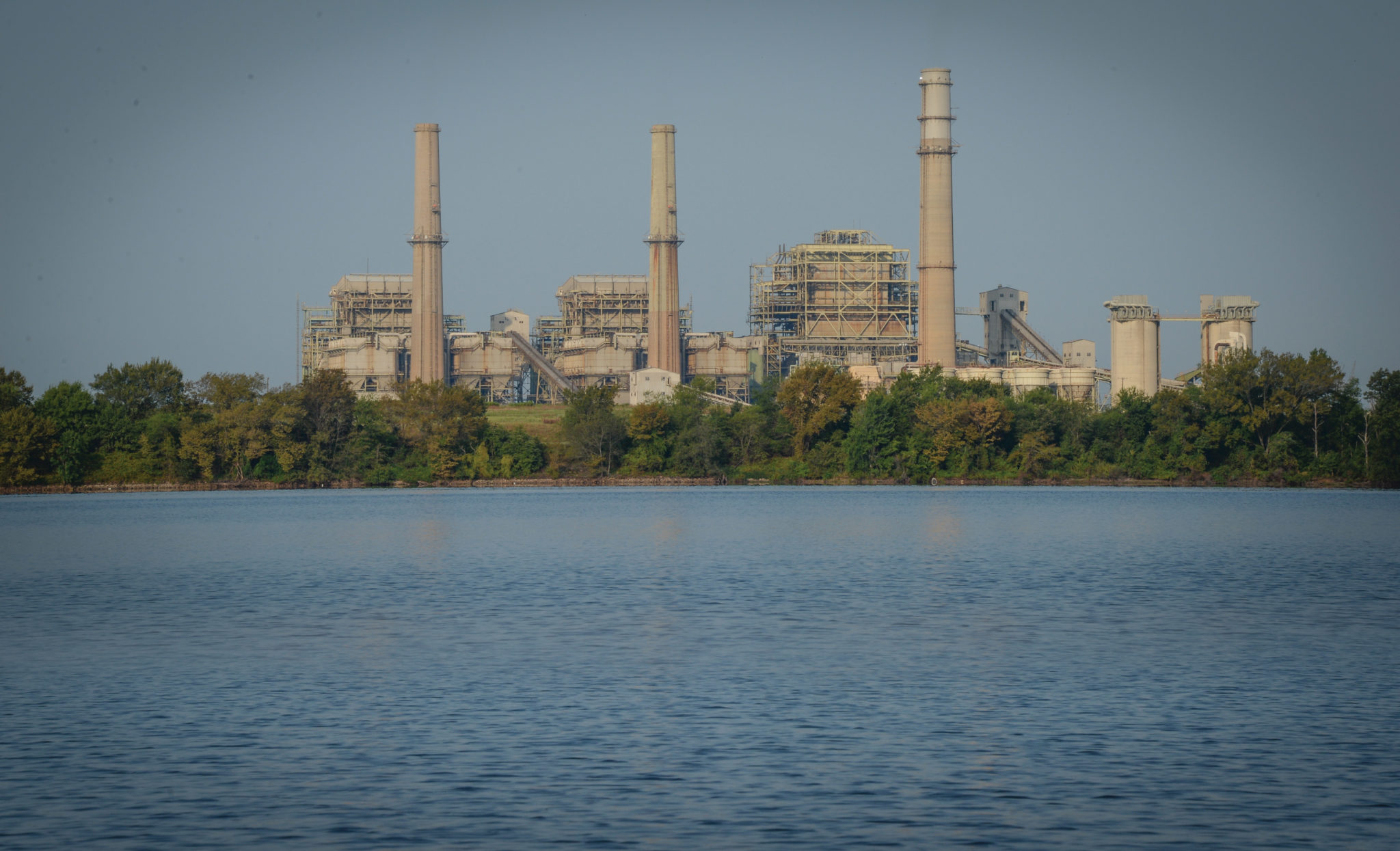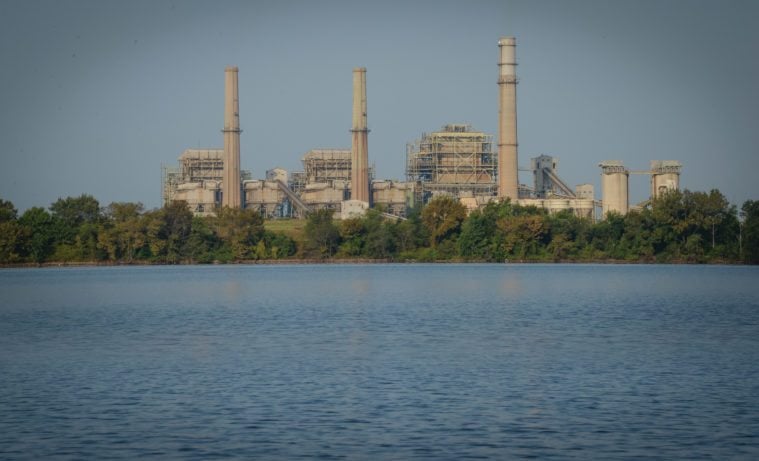
Despite Knowledge of Climate Change in 1970s, Texas Utility Companies Funded Climate Denial
Newly uncovered documents show Vistra Energy’s predecessors were involved in climate change research in the 1970s.


The predecessor companies of Texas’ largest power provider, Vistra Energy, helped fund climate change research in the 1970s and 1980s that warned of the risks of burning fossil fuels, according to a new report by the Energy and Policy Institute, a clean energy think tank. Nonetheless, the electric utilities and their successors spent much of the next 30 years publicly denying the effects of climate change and funding efforts to undermine the science.
The report traces the American utility industry’s shifting stance on climate change. As early as 1977, a senior official from the Electric Power Research Institute — one of the industry groups scrutinized in the report — warned Congress that fossil fuels would one day have to be reduced to curb warming. In the ’70s and ’80s, the institute published reports warning about global warming and sea-level rise caused by greenhouse gas emissions. But once climate change became a matter of broad public interest in the late ’80s, the industry joined forces with conservative think tanks to fund campaigns to confuse the public about the science.
In the ’70s and ’80s, Texas Power & Light Company and Texas Electric Service Company, which later became part of TXU and then Vistra Energy, joined an industry consortium that poured money into cutting-edge climate change research. In 1971, the research group issued a 176-page report that laid out the industry’s research and development goals through the year 2000. Among the projects they wanted to undertake: developing “meteorological models to determine effects of CO2” and “research into carbon dioxide sources and sinks.”
The Electric Power Research Institute went on to fund research into accurately measuring the level of carbon dioxide in the atmosphere and helped prove that the carbon level in the atmosphere was increasing dramatically. But the utilities later abandoned the findings of the research they helped fund and began supporting efforts to sow doubt in climate science.
“When the issue landed on the public radar [in the late 1980s], the industry freaked out and they started funding the disinformation campaign,” said Dave Anderson, one of the report’s authors. Though some utilities later distanced themselves from those campaigns, Vistra hasn’t been one of them, Anderson said. “Vistra is among the bad actors in the industry who are continuing to fund climate skepticism and put up legal challenges to carbon regulations.”
Allan Koenig, a spokesperson for Vistra Energy, declined to comment.
Vistra maintains ties to groups such as the American Legislative Exchange Council (ALEC), a conservative policy group that supports climate deniers and opposes clean energy policies. Sano Blocker, a Vistra executive and lobbyist, serves on ALEC’s Private Enterprise Advisory Council and, in 2015, Vistra’s subsidiaries funded an ALEC conference. The company is also involved in lawsuits against the Clean Power Plan, the Obama administration’s signature climate change policy to cut carbon pollution and meet the targets set in the Paris climate accord.
In 2004, TXU, a predecessor company of Vistra, opposed a shareholder proposal to disclose the risks of climate change to the company. Then, in 2006, the company proposed building 11 new coal plants, spawning a lively protest movement across much of Texas.
“That put them squarely at the bottom of the pack in my book,” said Dan Bakal, director of electric power programs at Ceres, a nonprofit that promotes sustainability in the corporate sector. “It was such an irresponsible move. They became the lightning rod on climate.”
Most of the proposed coal plants were never built, partly as a result of opposition from environmental groups. Vistra has changed its tune slightly in the last few years: The company has stopped overtly denying climate change and doubling down on coal and is now investing in wind and solar, Bakal said.
Still, the company has a long way to go, according to Tom “Smitty” Smith, former executive director of the Texas office of the environmental and consumer group Public Citizen.
“Their environmental history has been of drag and delay and to take advantage of regulatory uncertainty,” he said. “They make billions off of it and they’ve imperiled our climate and the health of people since the 1970s.”


